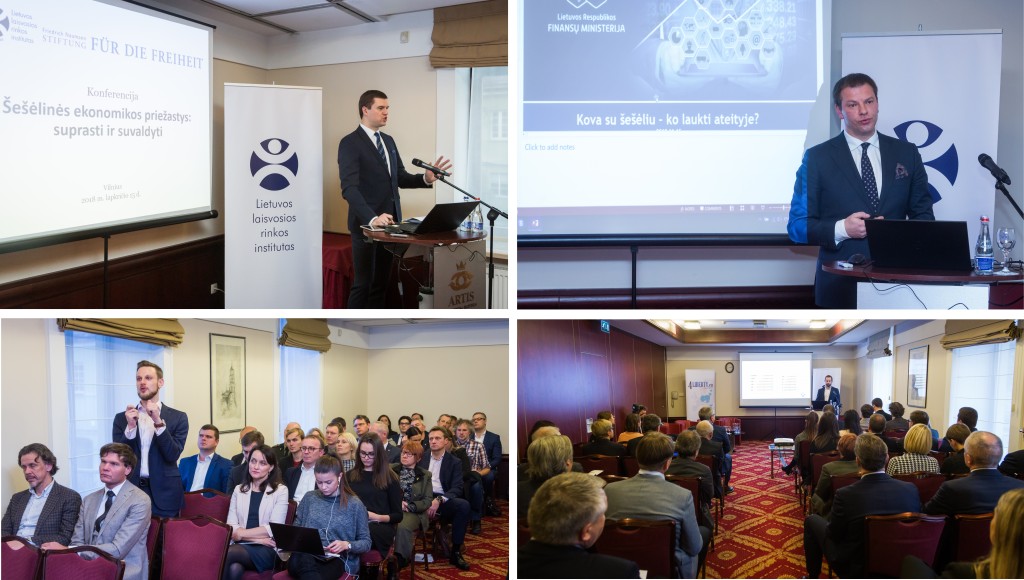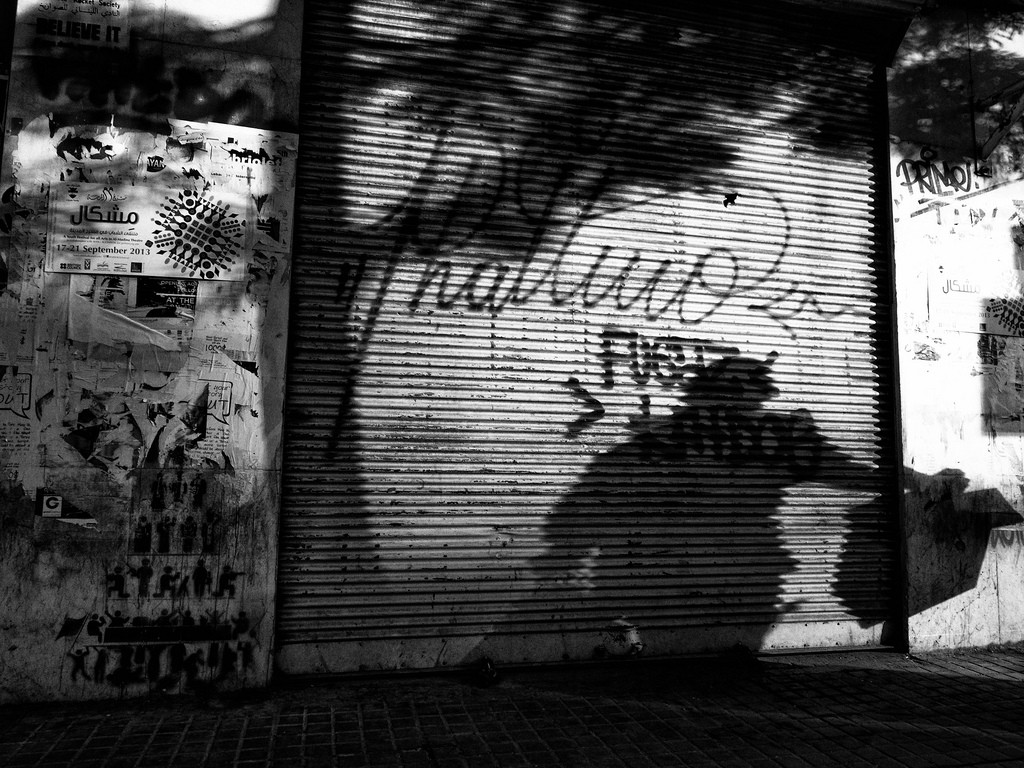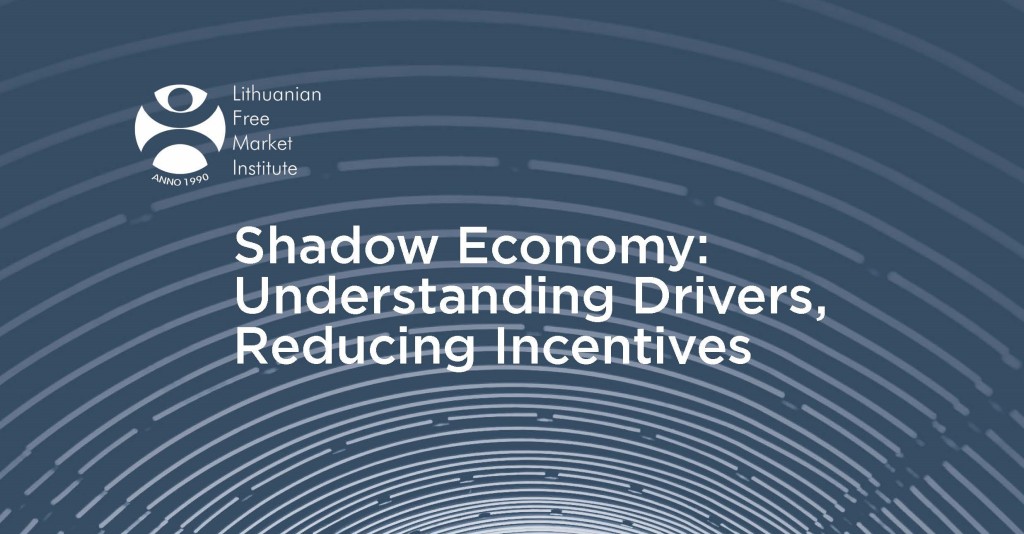
Reducing Shadow Economies: From Drivers to Policies
Across Europe, shadow markets constitute a significant portion of the economy. According to some estimates, an average of 16% of GDP in EU member states is generated by the shadow economy.










